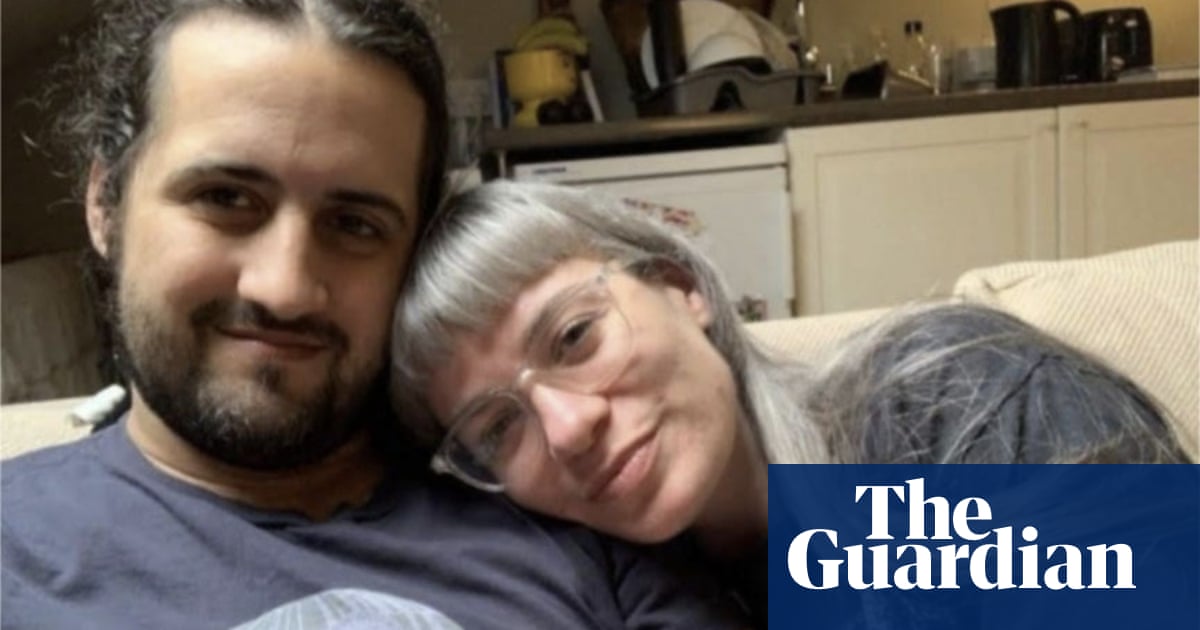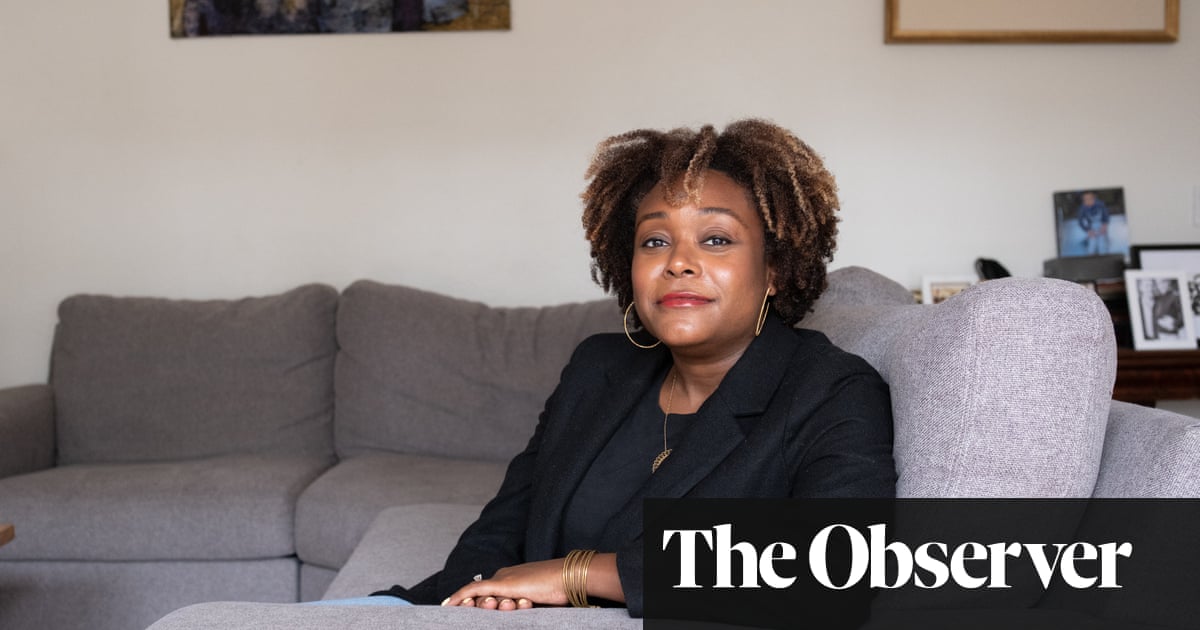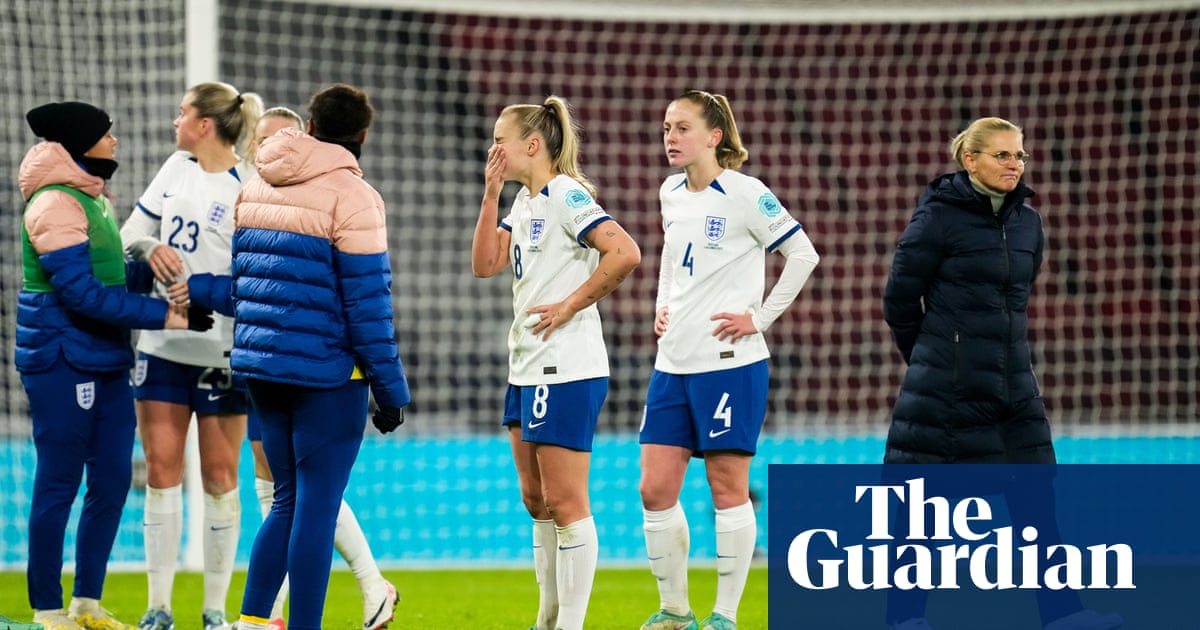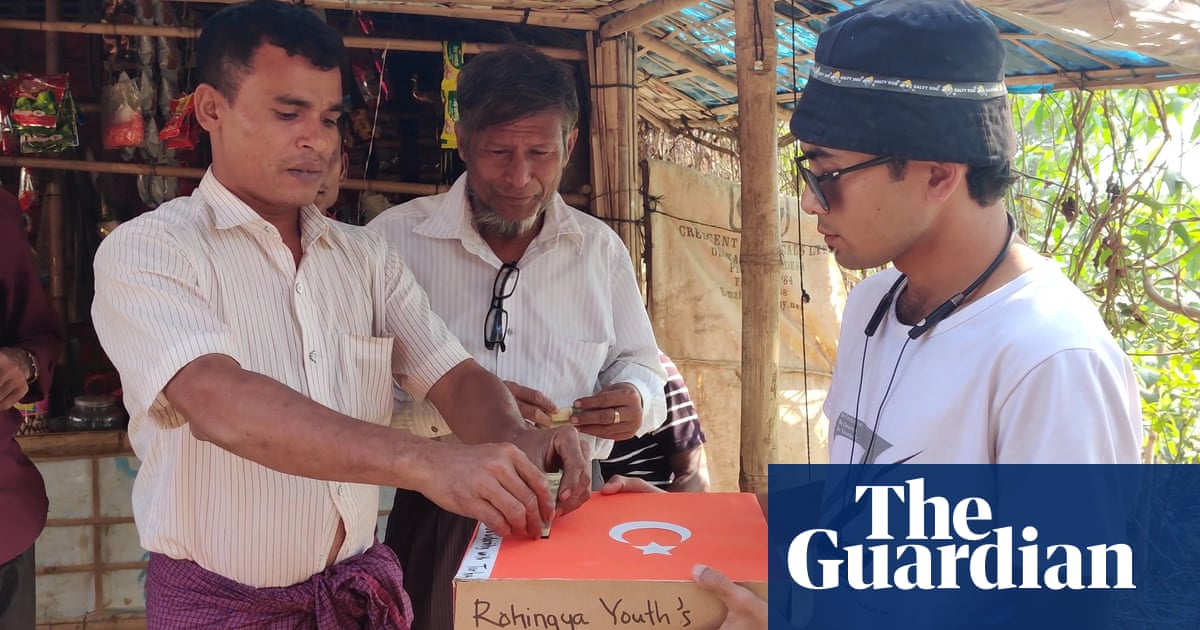
If form is the barometer most worthy of attention before a major championship, there may be little need to look much further than Emily Pedersen in respect of the US Women’s Open, which begins on Thursday in Houston. Having lived through feast and famine, the 24-year-old Dane’s recent resurgence has proved startling.
A year ago Pedersen had slipped to 549th in the world. A Solheim Cup player in 2017, she found herself in a rut, technically and psychologically. Now Pedersen is preparing for the final major of 2020 as the name on everyone’s lips: back to back wins in Saudi Arabia, plus victory at the Spanish Open, meant she cantered to the Ladies European Tour’s order of merit title. No assessment of this run would be complete without acknowledgement of earlier struggles.
“There were loads of times where I wondered what was going on,” says Pederson, now the world No 69. “It’s hard to accept after you have been at a certain level. It’s like you suddenly don’t know how to ride a bike. You get shocked, you get frustrated. You need to accept where you are then start working hard again. It took me a long time to reach that acceptance point.”
Pedersen was a captain’s pick for the match between Europe and the US three years ago. From there, she started to believe she had extra points to prove to a watching world. Instead of enjoying a platform for immediate, further success, Pedersen spiralled into dangerous territory. “I put a lot of pressure on myself and that was the start of a down period,” she says.
“I didn’t really know how to handle playing badly because it had never happened. Then I couldn’t let it go, I couldn’t play badly on the course then go home and be OK. I was emotionally controlled too much of the time and I had to learn how to separate things.
“I had to mature a little bit. A rough patch does that, I’m mentally stronger and more prepared for things not going my way. Two years ago, I started seeing a psychologist so I could start to know the difference between being a golfer and being a person. Golf takes up a lot of time and it can be quite difficult to separate the two things.”
So who are the two Emily Pedersens? “Emily the golfer can be very hard-working, intense, determined, wants to win all the time. Emily off the course is a lot more chilled out and laughs a lot.”
As the Ladies European Tour entered lockdown, Pedersen was afforded a chance to modify and stabilise her swing. She had tied for seventh in South Africa immediately before the break, with subsequent results even more impressive; Pedersen shared second in the Scottish Open, tied 11th in the Women’s Open, won in the Czech Republic and tied for third in Switzerland before her late season trio of victories. “Coronavirus was pretty good for me because it gave me a few months to work really hard on things,” she says. “I was able to make changes. Sometimes that is difficult, you are travelling 25 weeks in a year where it’s hard to get work done. It becomes all about quick fixes to play each week.”
Such progress, though, has been bittersweet. The freezing of status on the US-based and lucrative LPGA Tour means – barring success in the US Open – Pedersen must play in Europe once more in 2021. Even qualifying school for the LPGA Tour has been cancelled. “It frustrates me a lot,” she says. “I want to base myself on the LPGA, I want to compete against the best players in the world every week. I wish there was a way I could have played myself in.”
The Solheim Cup does at least offer 2021 scope. It would be a real surprise if Pedersen is not part of the European contingent next September in Toledo. “That’s a big thing for me. I believe I have grown a lot since that last time. I am in a far better place to handle it if I make that team. I feel ready to take up that challenge again.”
Pedersen was introduced to the game by her father, who bought her a club membership when she was 10 with a view to the benefits of something they could enjoy together. Emily’s stellar amateur career was to include glory at the 2014 British Ladies Amateur Championship.
Pedersen is at a loss to explain why the US Women’s Open has been so unkind to Europeans. Since the heady days of victories for Annika Sorenstam and Alison Nicholas between 1995 and 1997, this continent has delivered one winner.
“There is only one direction I want to go in,” she says. “There might be little bumps but when they come I will be more prepared to handle them. I won’t panic or stress as much. I can accept that everyone has down periods in my career; that’s why I won’t go as deep as I did the last time.
“It’s never a bad thing, going into a major with three wins. I’m feeling good but I’m trying to stay humble. It’s a good field and there is a lot of work to be done.”












